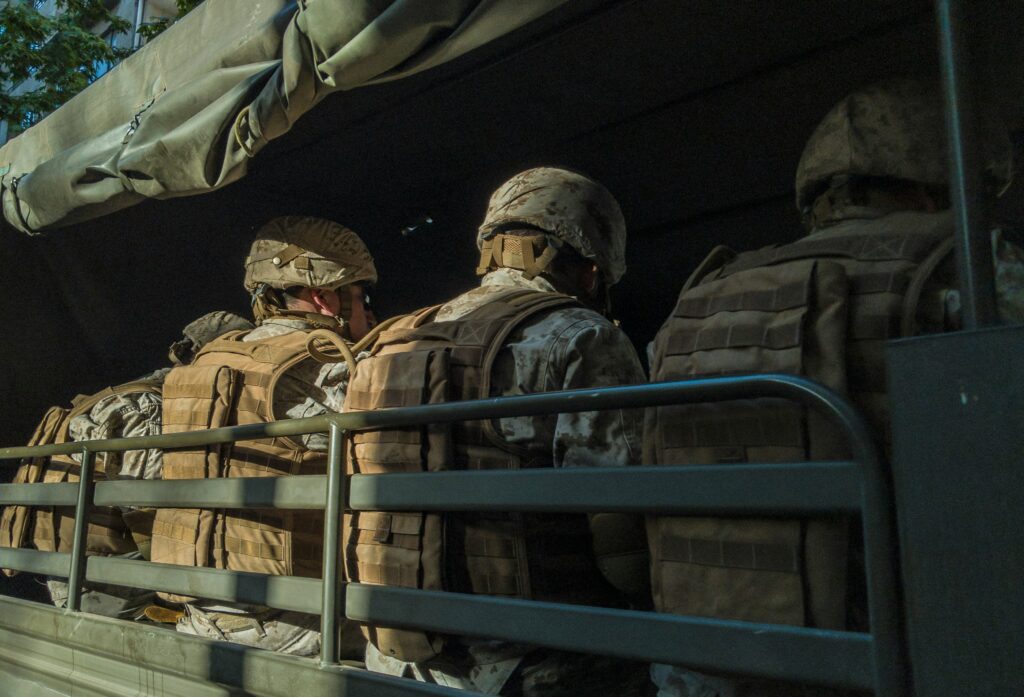Former U.S. President Donald Trump recently revealed that he had spoken with Russian President Vladimir Putin. The two leaders agreed to start talks aimed at reaching a ceasefire in Ukraine. Trump later suggested that Ukraine might need to give up some land and abandon its NATO ambitions to achieve peace. This statement has raised concerns among Ukraine and its European allies.
A Shift in U.S. Policy Toward the War
Trump made it clear that he was fine with Ukraine not joining NATO. He also expressed doubt that Ukraine could recover all the land it had lost. He noted that Russia had fought hard for the territories it now controls. Trump emphasized that ending the war should be the main goal, not focusing on changing borders.
Trump called his conversation with Putin “lengthy and productive.” He confirmed that both leaders agreed to begin negotiations right away. The two also talked about visiting each other’s countries. Their first meeting is set to take place in Saudi Arabia. The Kremlin confirmed the discussion and the mutual invitations, which could signal a shift in U.S.-Russia relations.
Meanwhile, U.S. Secretary of Defense Pete Hegseth also shared a new stance on the war. He said that restoring Ukraine’s borders to their pre-2014 status is unrealistic. Hegseth warned that pushing for this goal would only drag out the conflict. He also ruled out NATO membership for Ukraine. Instead, he suggested that European and non-European forces should handle Ukraine’s security, not the U.S.
Concerns Among Ukraine and European Leaders
The sudden shift in U.S. policy and the suggestion that Ukraine should give up land have unsettled Kyiv and its European allies. Many fear that the U.S. is more focused on achieving a quick peace deal than on protecting Ukraine’s sovereignty and long-term security.
Ukrainian President Volodymyr Zelenskyy responded cautiously. He said, “No one wants peace more than Ukraine.” While he welcomed the idea of negotiations, he stressed that any agreement must protect Ukraine’s territorial integrity. European leaders, however, are worried that Trump and Putin are making decisions about Europe’s future without their involvement.
France and Germany have called for Europe to be directly involved in the talks. They want to make sure the peace agreement is fair. Some European officials have criticized the U.S. stance. They argue that offering land to Russia now could create a dangerous precedent. They fear that Moscow might demand more territory in the future.
Other leaders believe that if European forces are to help enforce a ceasefire, they should have a say in shaping the final agreement. Many in Europe are also concerned that Ukraine might not get continued military support if it does not agree to Washington’s terms.
U.S. Military Aid Linked to Resource Deals
Reports have emerged suggesting that future U.S. military aid for Ukraine could be tied to resource-sharing agreements. The U.S. and Ukraine are reportedly discussing access to Ukraine’s rare earth minerals. These minerals are crucial for advanced technology and energy industries. If these reports are true, it could change the nature of U.S.-Ukraine relations. Economic interests might become a key factor in continued American support.
Some analysts view this as a strategic move by the U.S. to secure access to valuable resources while reducing its direct involvement in the war. However, others worry that this could weaken Ukraine’s position in negotiations. Ukraine could become more dependent on U.S. aid, making it vulnerable to economic conditions.
Uncertain Future for Ukraine’s Security
Although the peace talks are gaining momentum, many experts believe that a meaningful resolution is still far off. Russia continues to make gains on the battlefield. Moscow also insists on territorial concessions and a neutral status for Ukraine. These demands are similar to what Russia wanted before it launched its full-scale invasion in 2021.
European leaders are still concerned that the U.S. is focused on reaching a quick resolution instead of a lasting peace. Some worry that if Ukraine is pressured into giving up territory, it could encourage Russia to take more aggressive actions in the future.
As the negotiations progress, it remains unclear how much influence Ukraine and its European partners will have in shaping the final agreement. With the U.S. shifting its priorities, Ukraine may need to rely more on European nations to ensure its long-term security.
For more world news and updates on this developing story, visit Euro News 24.
